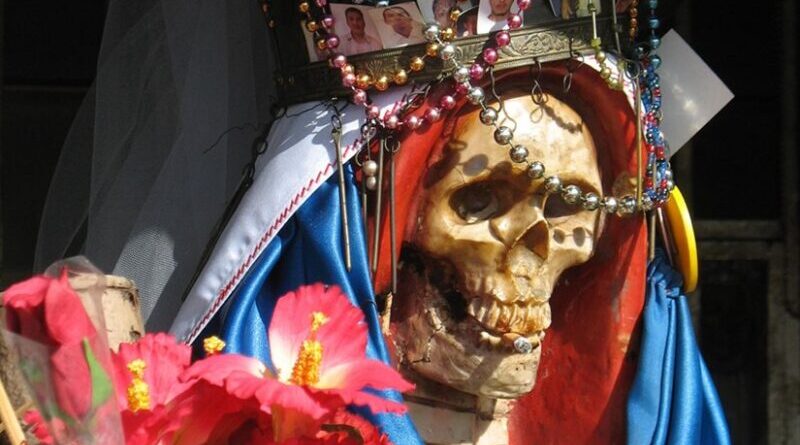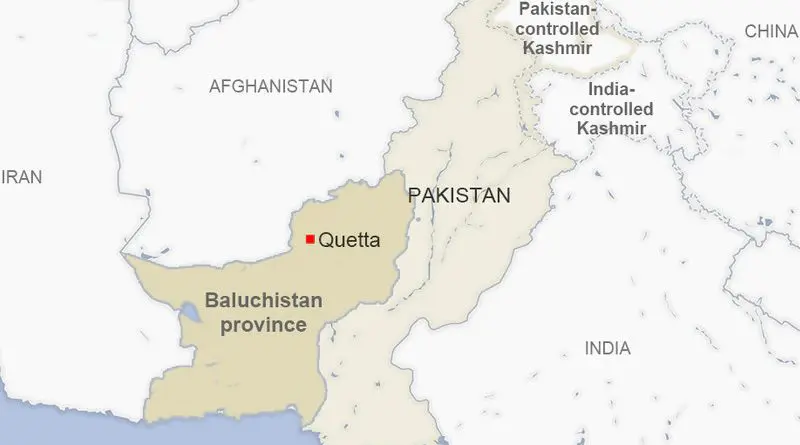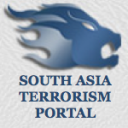Hamas deputy head Saleh al-Aruri and leaders in the Qassam Brigades have been assassinated in Beirut's southern Dahiya neighborhood. Hamas says the "cowardly assassination" will not undermine the continuation of the Palestinian resistance.
BY AMENA AL-ASHKAR AND MONDOWEISS PALESTINE BUREAU
At least six people have been killed in an alleged Israeli drone strike in the Lebanese capital of Beirut on Tuesday evening, including senior Hamas leader Saleh al-Aruri.
Initial reports by Lebanese state media said that “four people were martyred and a number of others injured when the Hamas office was targeted” in the Mashrafiyah neighborhood of the southern Beirut suburb of al-Dahiya, an area where both Hezbollah and Palestinian groups operate out of. Lebanese news channel Al-Mayadeen later reported that the death toll had climbed to six, while sources told Mondoweiss that the toll had reached seven.
Reuters and Lebanese media reported that the strike was carried out by Israel. The Israeli government and military have yet to officially confirm any involvement in the assassination.
Reports indicated that the primary target of the strike was 57-year-old Saleh al-Aruri, the deputy chairman of Hamas’ political bureau, and a founding commander of the movement’s military wing, the Izz al-Din al-Qassam Brigades. Though Hamas has yet to confirm the identities of the other six killed in the strike, sources told Mondoweiss that among them were Samir Abu Amer, a top Hamas military leader in Lebanon, and Abu Ahmad al-Aqraa, a senior Hamas military leader in charge of West Bank operations.
The strike took place around 5:30 p.m. local time. Sources told Mondoweiss that initial evidence seemed to indicate that two high-precision missiles were fired toward a building in the neighborhood, reported to be the Hamas offices. One was fired at an apartment, and the second at a vehicle on the street, alleged to have belonged to Aruri. According to Al Jazeera, Lebanese civil defense crews were still fighting flames caused by the strike more than an hour later.
Hamas confirmed the killing of Aruri, calling it a “cowardly assassination” that “proves once again the abject failure of the enemy to achieve any of its aggressive goals in the Gaza Strip.”
“The cowardly assassinations carried out by the Zionist occupation against the leaders and symbols of our Palestinian people inside and outside Palestine will not succeed in breaking the will and steadfastness of our people or in undermining the continuation of their valiant resistance,” senior Hamas official Izzat al-Rishq said in a statement.
Who is Saleh al-Aruri?
Saleh Aruri spent 15 years in Israeli prison until 2010, and was exiled from Palestine upon his release by Israeli authorities. During those years, he operated out of various capitals over the years, including Istanbul, Damascus, and most recently, Beirut. He is widely credited as the primary mastermind behind financing and organizing military cells in the West Bank from outside of Palestine during his period of exile, and in solidifying military and financial ties with various regional actors.
In the years following 2014, Aruri was engaged in serving as an intermediary between on-the-ground Hamas operatives in Palestine and sources of Hamas funding internationally. This included fomenting armed cells and planning for various kidnapping operations, including the 2014 kidnapping of three Israeli settlers in Hebron. In the past two years, armed resistance in the West Bank has witnessed a resurgence, and while the Palestinian Islamic Jihad (PIJ) has been recognized as responsible for funding many of the armed groups that arose in Nablus and Jenin, Aruri has also been mentioned as playing a significant role in mobilizing support for armed resistance in the West Bank during this period.
With the winding down of the Syrian Civil War and the rapprochement between Hamas and the “resistance axis” alliance of Iran, Hezbollah, and Syria in 2018, Saleh al-Aruri played a significant role in strengthening ties with Hezbollah. The building of Hamas’s military capabilities in Gaza is partly due to Hezbollah’s assistance to the movement in recent years, with Aruri serving a crucial intermediary role in this regard.
In late October last year, Israeli forces took over and occupied Aruri’s family home in his hometown of Arura, near Ramallah in the occupied West Bank, and used it as an “intelligence base” before destroying it. Residents of the village said at the time that the home was uninhabited and that Israel’s takeover and destruction of the home was largely a symbolic act of revenge for the Hamas attacks on October 7.
Israeli ministers applaud strike, analysts warn of major escalation
The assassination of Aruri comes a day before Hezbollah Secretary General Hassan Nasrallah is expected to appear for a televised address, the third such address made by the leader since last October.
Nasrallah previously warned in a speech last summer that any assassination of any Lebanese, Palestinian, or Iranian individual on Lebanese territory would be met with a strong reaction from Hezbollah.
Since October 7, however, Israeli strikes and artillery fire targeting Hezbollah positions, as well as journalists and Lebanese civilians along the southern Lebanese border, have failed to materialize into a strong reaction from Hezbollah, beyond cross-border skirmishes and rocket fire toward Israeli military positions and towns along Israel’s northern border.
Tuesday’s assassination could change that, analysts warn. Speaking to Al Jazeera, Imad Harb, director of research at the Arab Center Washington DC, called the strike a “dangerous escalation,” noting that it marked the first assassination of a Hamas leader outside of occupied Palestine since October 7. The fact that the strike took place in Beirut, not on the southern Lebanese border, and in the heart of Hezbollah’s stronghold in the city, sends the message that Israel “can reach anyone, anywhere in Lebanon,” Harb said.
He added that Hezbollah may respond “by allowing more Hamas attacks from southern Lebanon on Israel. And definitely, it’s going to be more vigilant regarding its own leaders,” though both Israel and Hezbollah appear uninterested in “blowing up the front” completely.
A spokesperson for the Iranian foreign ministry condemned the assassination, saying Iran condemns “the violation of Lebanon’s sovereignty and territorial integrity by the Zionist regime.”
Lebanese Prime Minister Najib Mikati issued a statement responding to the attack, condemning the Israeli “crime,” and warning against Israel’s attempts to drag Lebanon into a larger-scale confrontation.
In the occupied West Bank, a general strike in mourning over the assassination of Aruri was called by the Ramallah branch of Fatah, the ruling party of Palestinian Authority President Mahmoud Abbas.
Meanwhile, Israeli Hebrew media reported that Israel is “expecting retaliation” for the attack, “including possible long-range rocket fire on Israel,” the Times of Israel reported.
While Israel has yet to officially claim responsibility for the strike, it is being regarded as a major win for Israeli Prime Minister Benjamin Netanyahu, while celebrated by Israeli officials.
Likud MK and former Israeli representative to the UN Danny Danon tweeted out his praise to Israeli security forces for the killing of Aruri, saying, “I congratulate the IDF, the Shin Bet, the Mossad and the security forces for killing senior Hamas official Salah al-Aaruri in Beirut.
Anyone who was involved in the 7/10 massacre should know that we will reach out to them and close an account with them.”
Far-right Finance Minister Bezalel Smotrich also tweeted in celebration of the strike, saying, “So let all thine enemies perish,” referencing The Book of Judges, the seventh book of the Hebrew Bible and the Christian Old Testament, Times of Israel noted.
Times of Israel added that Israeli Channel 12 reported that Netanyahu’s cabinet secretary Yossi Fuchs sent a directive to Israeli ministers ordering them “not to speak publicly about the alleged Israeli strike.”
Though there is no confirmation about what role, if any, Aruri played in planning the October 7 attacks, dubbed by Hamas as “Operation Al-Aqsa Flood,” Netanyahu and other Israeli military leaders have vowed to target Hamas officials both in Gaza and abroad.
Back in November, Netanyahu said that he “instructed the Mossad [Israeli intelligence agency] to act against the heads of Hamas wherever they are.” Israeli Defense Minister Yoav Gallant described Hamas leaders worldwide as “walking dead,” saying “they are living on borrowed time” and are “destined to die.”
Born in Aroura town of the occupied West Bank, Arouri joined Hamas and eventually went into exile to various countries. In a recent interview, Arouri said, "It is not strange for us for the commanders and cadres of the movement to be martyred."

REUTERS
"I never expected to reach this age, so I am living on borrowed time," Arouri said in August / File Photo: Reuters
Saleh al Arouri, the deputy political head of Hamas and a founder of the group's military wing, had been in Israel's sights for years before he was assassinated in a drone strike in a southern suburb of Beirut.
Israeli Prime Minister Benjamin Netanyahu had threatened to kill him even before October 7 surprise blitz by Hamas.
Israel had accused Arouri, 57, of masterminding attacks against it in the occupied West Bank, where he was the group's top commander.
In 2015, the US Department of the Treasury designated Arouri as a "Specially Designated Global Terrorist", offering $5 million for information about him.
Some Israeli lawmakers celebrated the assassination while Mike Waltz, a Florida Republican, hailed the assassination of Arouri and called it a "very big deal".
Asked about assassination threats against him in an interview with Beirut-based Al Mayadeen in August, Arouri said, "It is not strange for us for the commanders and cadres of the movement to be martyred."
"I never expected to reach this age, so I am living on borrowed time," he said.
In the same interview, he threatened that in case of a war, "Israel will suffer a defeat unprecedented in history."

Arouri's life and history
Born in the town of Aroura in the occupied West Bank, Arouri joined Hamas and eventually went into exile, first to Damascus, where then Syrian government was a strong supporter of the group.
He resided in Syria for three years before leaving, living as a nomad between several countries.
He left in 2011 when Hamas split with regime leader Bashar al Assad, siding with the opposition in Syria's civil war.
He later moved to Lebanon in 2018 until his assassination on Jan. 2.
Arriving in Beirut, Arouri made few public appearances. Hamas was able to build up its political and military presence in Lebanon.
In early September, Arouri held a meeting with Hezbollah leader Hassan Nasrallah that was attended by Ziad Nakhaleh, the leader of the Palestinian Islamic Jihad group, during which they discussed the situation in the Palestinian territories. A similar meeting was convened after October 7.

Drone strike
Since October 7, Arouri kept a low profile while others in the Hamas political leadership made frequent public appearances in Beirut, including in near-daily press conferences.
He was assassinated in a strike on an apartment building in the middle of Beirut's southern suburbs, a political and security stronghold of Hezbollah but also a densely populated urban area.
Hamas officials confirmed Arouri's death, along with six other Hamas members, including two military commanders.
A Lebanese security official, who spoke on condition of anonymity because he was not authorised to speak to the media, said the attack appeared to have been carried out by a drone that fired missiles into the building, targeting one specific floor.
The strike shook the surrounding area, shattering windows in neighbouring buildings and causing a fire on the street in the Musharafieh district.
Residents of the area rushed to the streets around the targeted building, digging through rubble and broken glass, looking for survivors or bodies.
An Associated Press photographer at the scene described seeing at least two bodies and other body parts scattered in the street. A witness at the scene, Abbas Ghannam, told the AP news agency that he had heard the sound of a drone before it hit.
"It was not a military jet; it was a drone. It has a low sound," he said.

'Harsh retaliation'
This could be the first Israeli attack on Beirut since the 34-day war between Israel and Hezbollah in the summer of 2006 that ended in a stalemate.
It could mark a major escalation in the war in Lebanon.
After Netanyahu's previous threats to Arouri, Nasrallah warned Israel not to target any Lebanese, Palestinian, Syrian or Iranian officials in Lebanon, saying that would lead to "harsh retaliation" by the group.
Hezbollah said in a statement that the targeting of Arouri "in the heart of the southern suburbs of Beirut" constituted "a serious attack on Lebanon, its people, its security, sovereignty and resistance."
"We affirm that this crime will never pass without response and punishment," it said.
Nasrallah is set to speak on Wednesday, on the anniversary of the killing of Iranian general Qassem Soleimani in a US air strike.
Israel has killed over 22,000 Palestinians so far in its brutal war on besieged Gaza and wounded more than 57,000 others. Some 7,000 Palestinians are said to be buried under the mountains of concrete and twisted steel of bombed buildings.
SOURCE: TRTWORLD AND AGENCIES
Lebanon to file urgent complaint with UN Security Council against Israel over attack
Mohammad Sıo |03.01.2024 -
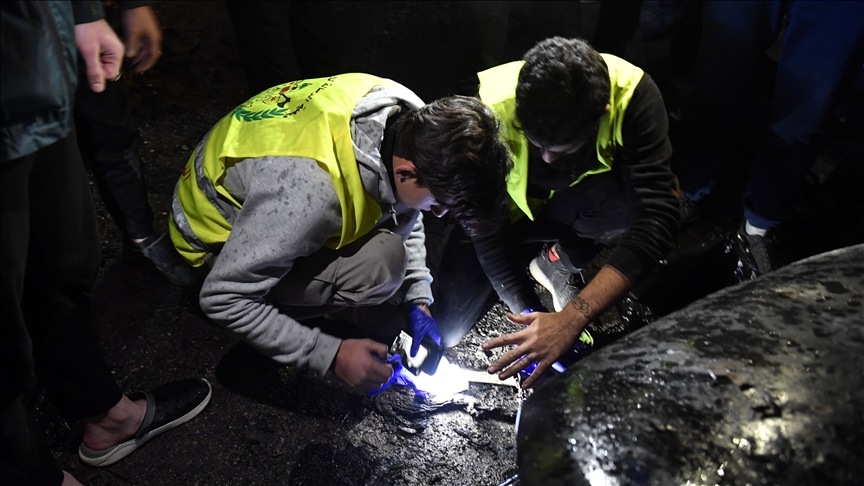
BEIRUT
Lebanese caretaker Prime Minister Najib Mikati issued a statement late Tuesday condemning an explosion in the southern suburbs of the capital Beirut, calling it a "new Israeli crime."
The Palestinian resistance group Hamas confirmed the assassination of its deputy chief Saleh Arouri in the blast.
Hamas said two commanders of its armed wing, the Al-Qassam Brigades, were also killed.
Lebanon’s official National News Agency earlier reported that Arouri was killed in an Israeli drone strike on a Hamas office in Mecherfeh in southern Beirut. At least six people were killed in the attack.
"This explosion aims to usher Lebanon into a new phase of confrontations following the daily ongoing attacks in the south, which result in a significant number of martyrs and injuries," he added.
“Lebanon is committed to the resolutions of international legitimacy, especially (UN) Resolution 1701,'' he said.
“However, it is Israel that has breached and surpassed the resolution, as it remains unsatisfied with the level of death and destruction. It is evident to all that the decision of war rests in Israel's hands, and it is imperative to restrain and halt its aggression,'' Mikati said.
In this respect, Lebanon intends to file an urgent complaint with the UN Security Council against Israel in light of the attack, the Prime Minister’s Office said in a statement.
Lebanon has previously lodged several complaints against Israel in the Security Council, including cases related to targeting journalists in southern Lebanon and the occupying border towns.
*Writing by Mohammad Sio
|
AMALLAH Jan 03. 2024 (Saba) -National and Islamic parties in the West Bank declared a general strike and mobilization on Wednesday, mourning martyr Saleh Al-Arouri, the Deputy Chief of the Political Bureau of Hamas.
The Fatah Movement - Ramallah Region said in a statement: Wednesday is the day of a general and comprehensive strike in the Ramallah and Al-Bireh governorate in response to the assassination of Al-Arouri in Beirut.
Mosques all around the world mourned the great leader who was assassinated in the Southern Suburb of Beirut, Lebanon, by the Israeli enemy on January 2, 2023.
Protesters took to the streets in Arura, condemning his assassination and portraying an image that was replicated in multiple cities and towns across the West Bank.
Najat
Arouri's assassination sends 'highly symbolic political and security messages,' says Hezbollah, warning that killings will ‘never go unpunished’
Mohammad Sıo |03.01.2024 -

ISTANBUL
The Lebanese group Hezbollah condemned the assassination of Hamas deputy chief Salah Arouri and his comrades in Beirut on Tuesday in a rapidly unfolding and deeply concerning series of events.
The assassination is a ''serious attack on Lebanon, its people, security, sovereignty and resistance,'' the group said in a statement.
Arouri's assassination ''contains highly symbolic political and security messages and entails a dangerous development in the course of the war between the enemy (Israel) and the axis of resistance,'' it said.
"Our resistance is steadfast and loyal to its principles that it has undertaken. The fighters are in the highest state of readiness," said the statement, emphasizing ''the assassination crime of Arouri and his comrades will never go unpunished.''
The Palestinian resistance group Hamas confirmed the assassination in the Lebanese capital Beirut.
Hamas said two commanders of its armed wing, the Al-Qassam Brigades, were also killed.
Lebanon’s official National News Agency reported earlier that Arouri was killed in an Israeli drone strike on a Hamas office in Mecherfeh in southern Beirut. At least six people were killed in the attack.
*Writing by Mohmmad Sio
Lebanon's Hezbollah vows retaliation for Hamas' Al-Arouri
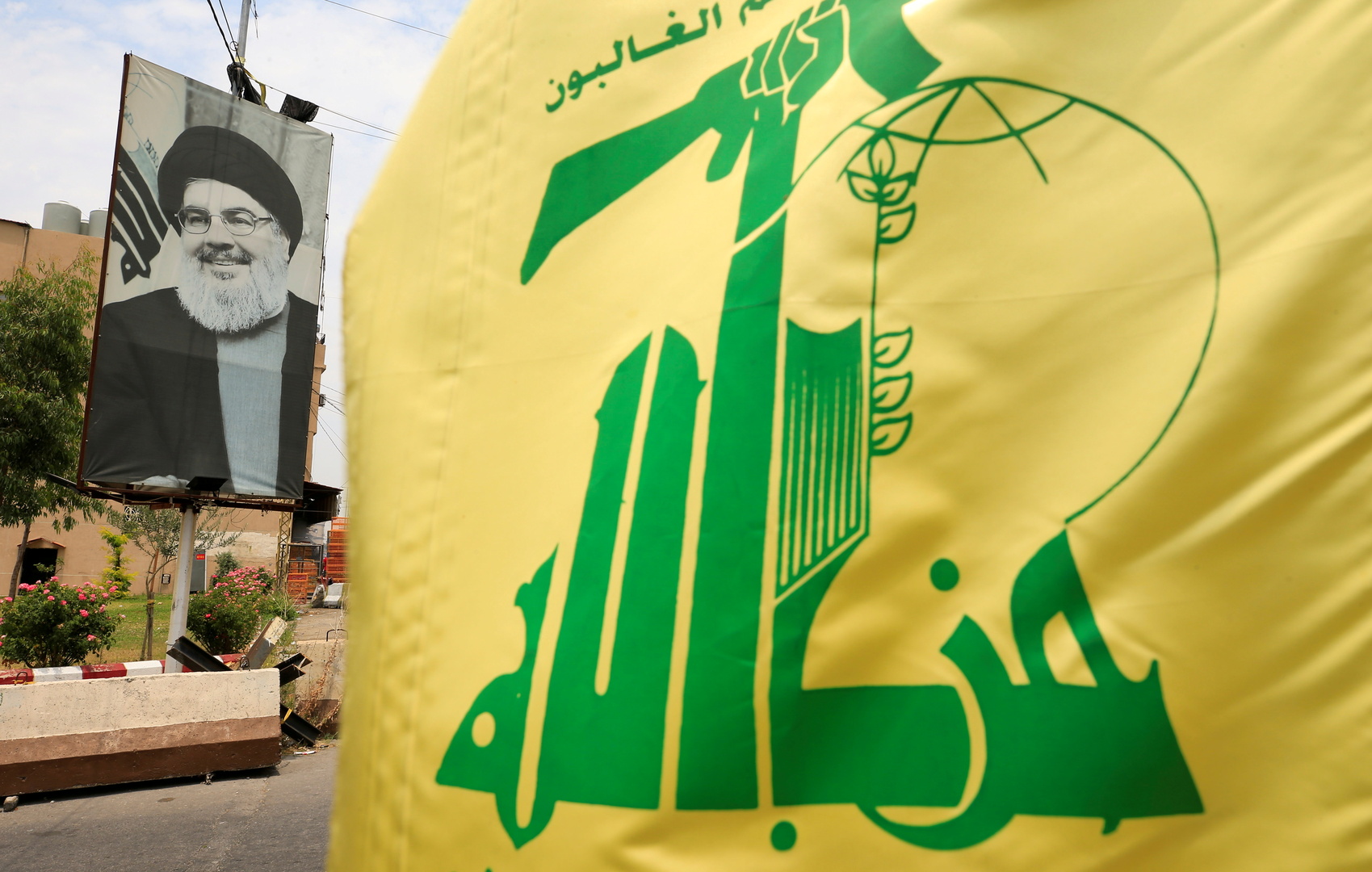
Shafaq News/ Lebanese Hezbollah declared that the assassination of Saleh Al-Arouri, Deputy Head of the Political Bureau of Hamas, in an Israeli bombing in Beirut, will "never" go unpunished.
In a statement, Hezbollah mourned Al-Arouri, calling him a "great mujahid leader" who contributed to the "defense of the oppressed people of Palestine."
The party accused Israel of resorting to assassination due to its failure to subjugate Gaza and other areas.
Hezbollah asserted that the crime was a continuation of the assassination of leader Sayyed Razi Mousavi (a high-ranking general of the Islamic Revolution Guard Corps' elite Quds force, which Israel killed in Syria). Considering the operation a "dangerous assault on Lebanon, its people, its security, its sovereignty, and its resistance."
The statement affirmed that the crime "would not pass without a response and punishment."
Deputy Hamas chief Saleh al-Arouri was killed on Tuesday night in an Israeli drone strike on Beirut's southern suburbs, a stronghold of Hezbollah.
Lebanon's national news agency said six people were killed when the drone struck a Hamas office.
Hamas mourned two other officials with Al-Arouri.
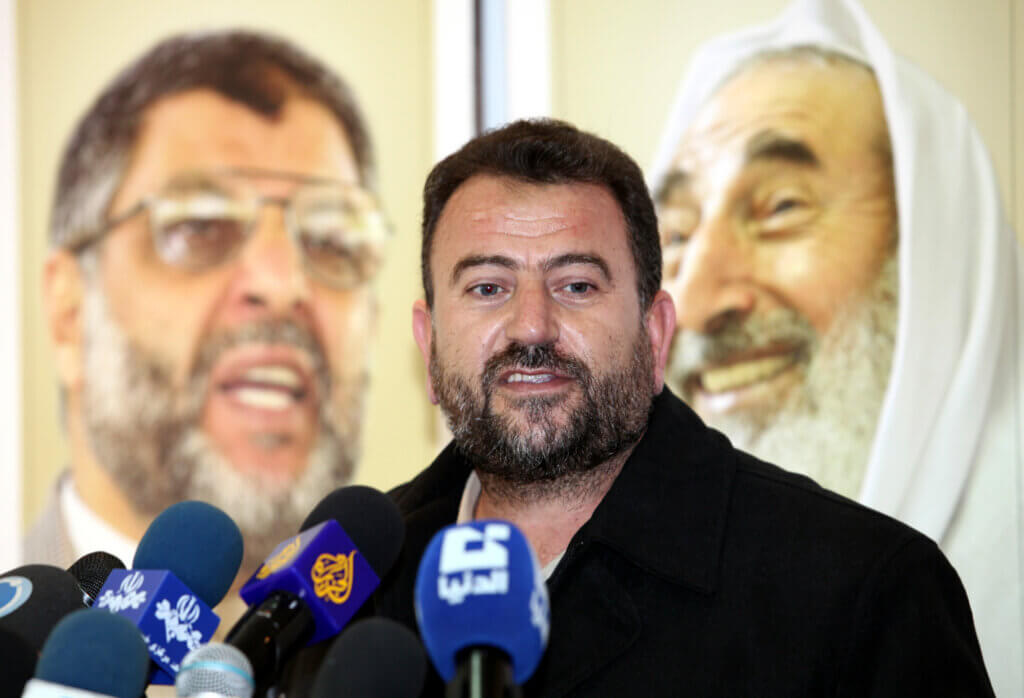
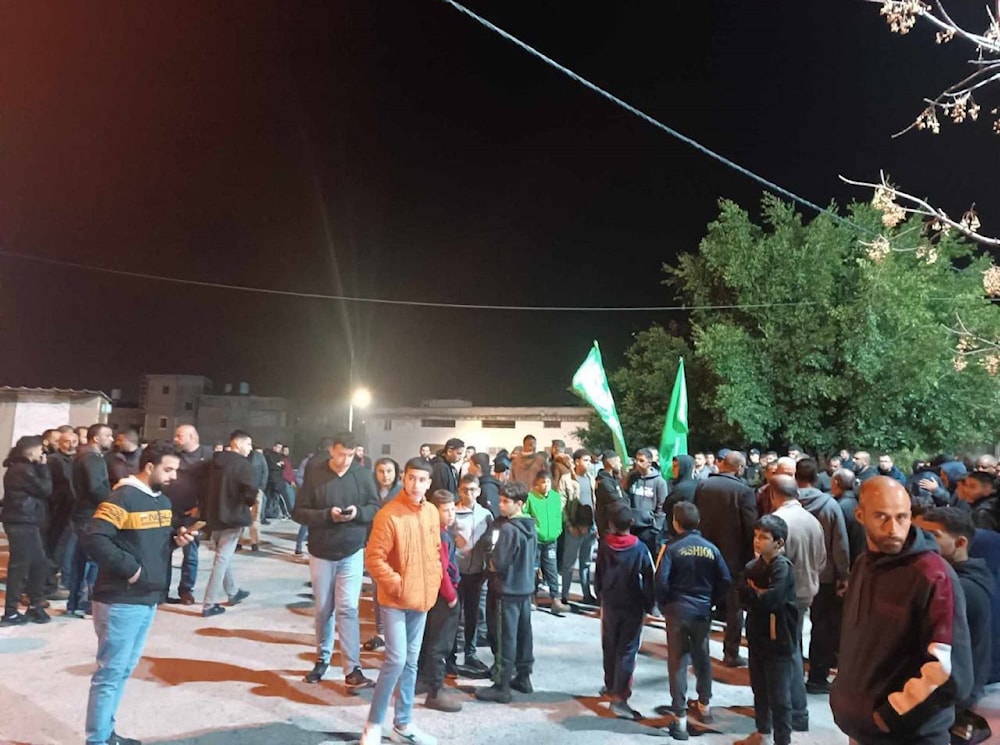



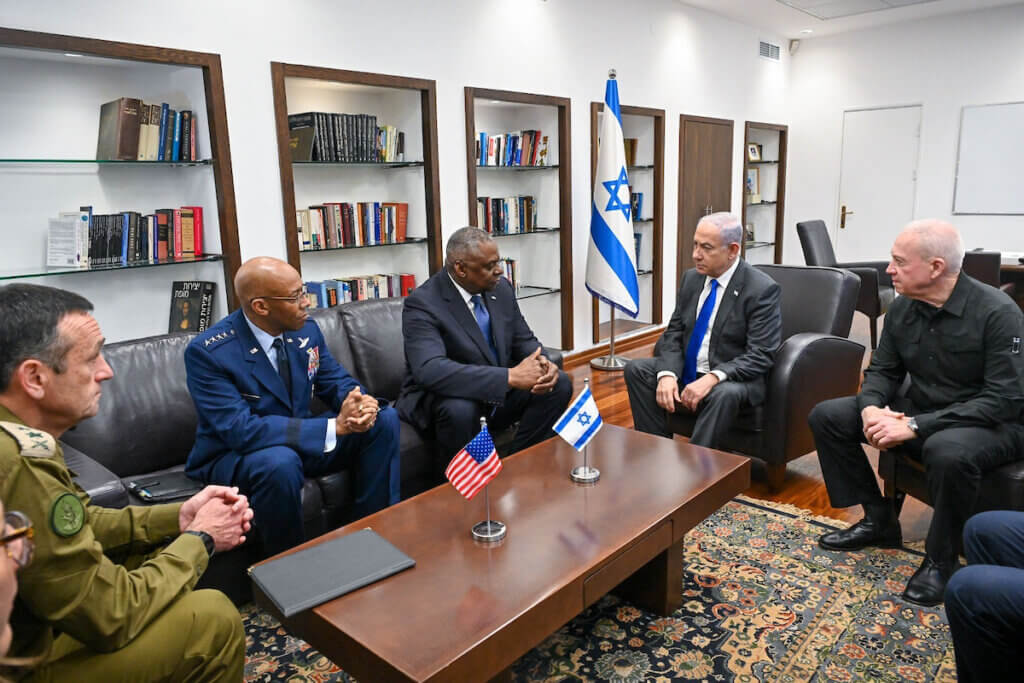
:quality(70)/cloudfront-us-east-1.images.arcpublishing.com/adn/IYZAIDBU5PQ4LATX5QVX5NFIGM.jpg)

